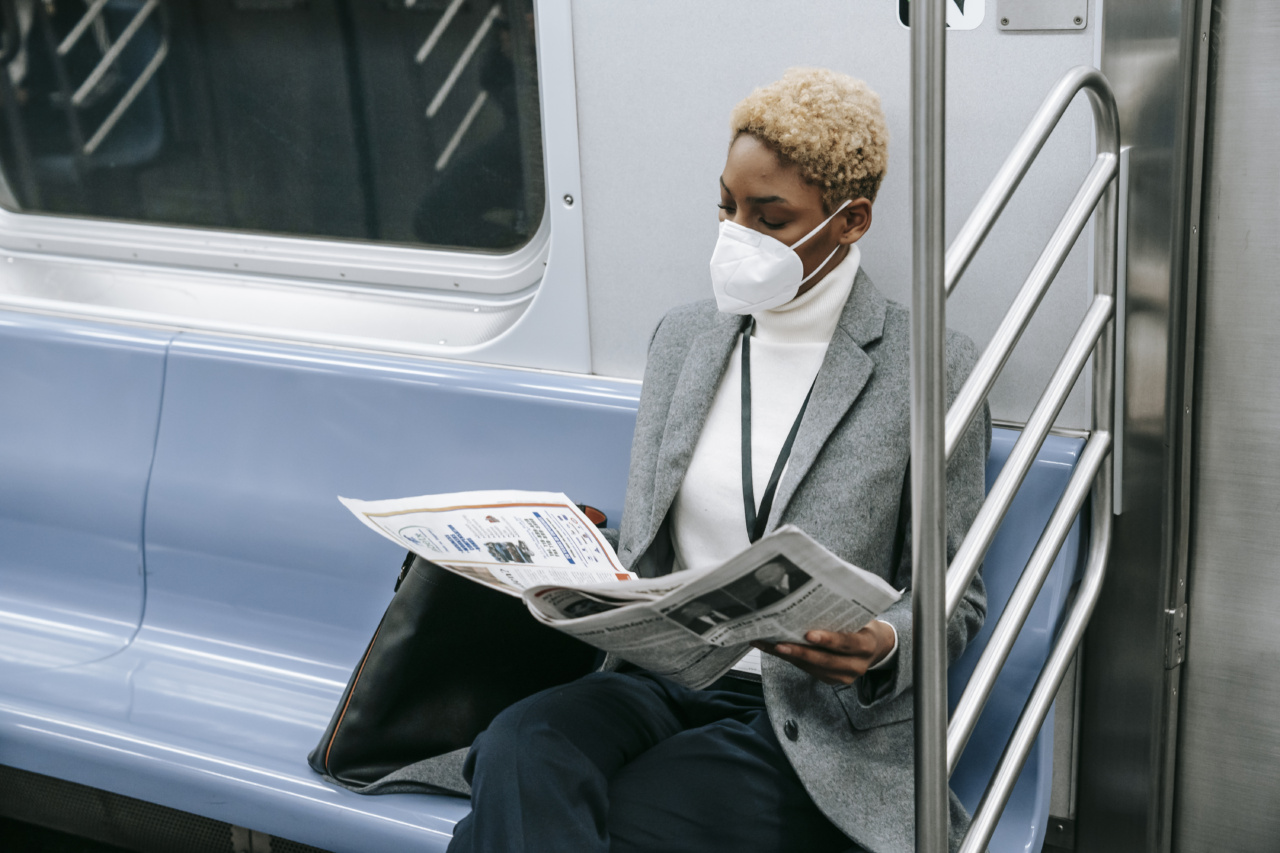As the Koroneovirus pandemic continues to affect people worldwide, it’s important to remember to take care of other underlying health conditions, such as asthma and chronic obstructive pulmonary disease (COPD).
These respiratory conditions may put individuals at a higher risk of developing complications if they contract the virus. Here are some tips on how to manage asthma and COPD during the pandemic:.
Keep taking medication as prescribed
It’s crucial to continue taking your asthma and COPD medications as prescribed by your doctor, even during the pandemic. That includes inhalers, nebulizers, and other prescribed medications.
Skipping medication can result in worsening symptoms and increase the risk of an asthma or COPD attack.
Make sure your medications don’t run out
Keep a close eye on your medication supply and ensure that you don’t run out of your prescribed medications. Order your prescriptions early enough so that you have an adequate supply to last for several weeks.
This step ensures that you’ll have access to the necessary medications in case of any shortages or delivery delays during the pandemic.
Practice good hand and respiratory hygiene
While it’s not guaranteed to prevent you contracting the Koroneovirus, practicing good hygiene measures can help reduce the spread of the virus.
Wash your hands frequently with soap and water for at least 20 seconds, or use hand sanitizer if you cannot access any water. Cough into your elbow or use a tissue when you cough or sneeze, and dispose of the tissue in a waste bin immediately, then wash your hands. Try not to touch your face or mouth and if you do, be sure to wash your hands again.
Stay away from people who are sick
If someone in your household or social group isn’t feeling well, keep a safe distance from them, or ask them to wear a face mask.
If you develop flu-like symptoms, such as a fever, dry cough, or body aches, contact your healthcare provider immediately.
Avoid areas with high pollution levels
Avoid going to areas with high levels of pollution or allergens that could affect your respiratory system.
The World Health Organization has identified air pollution as the leading environmental health risk, and it can cause or worsen asthma and COPD symptoms. Try to stay indoors if the air quality is poor, and only leave your home if necessary.
Stay physically active
Regular exercise can help reduce asthma and COPD symptoms and also boost your immune system.
With the restrictions on commuting and gym access during the pandemic, consider trying a home exercise routine, such as an indoor cycling bike or online workout videos. Speak with your doctor to get advice on the best exercise plan for you.
Seek medical attention if necessary
If you experience worsening asthma or COPD symptoms or have difficulty breathing, seek medical attention immediately.
Contact your healthcare provider if you have any concerns, and don’t hesitate to book a virtual appointment or go into a medical facility if necessary.
Practice self-care
Looking after your mental health is also essential during the pandemic. Managing respiratory conditions can be stressful at the best of times, let alone during a global pandemic.
Practice self-care to help reduce stress and anxiety levels, including activities such as meditation, yoga or talking to a mental health professional for additional support.
Stay informed and updated
Be sure to keep yourself up to date on the latest COVID-19 news regarding your area and any potential effects it may have on people living with asthma or COPD.
Keeping yourself informed can prepare you and help you to take the necessary steps in managing your respiratory condition effectively during the pandemic.































